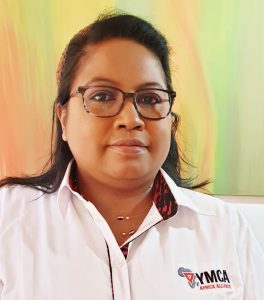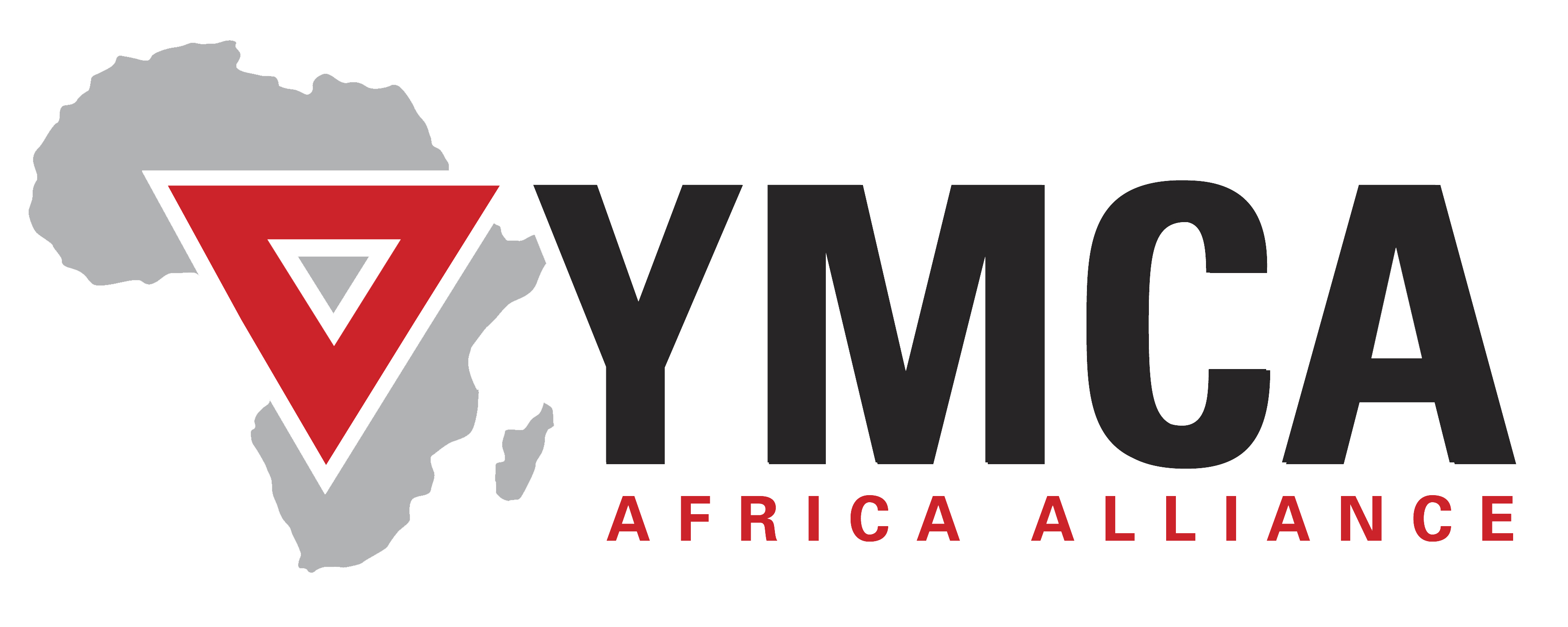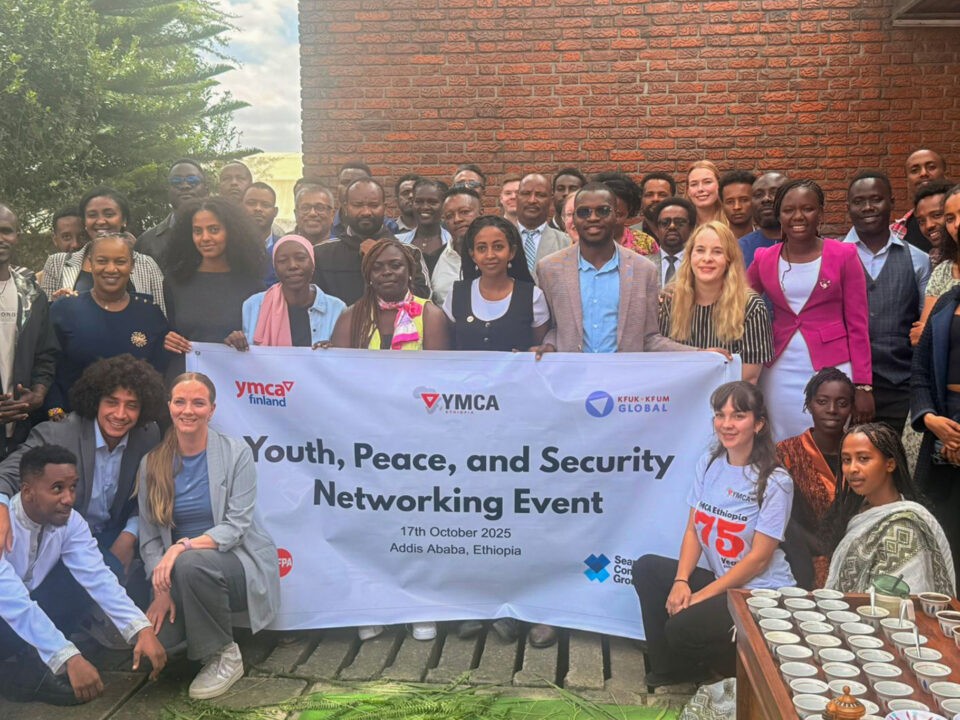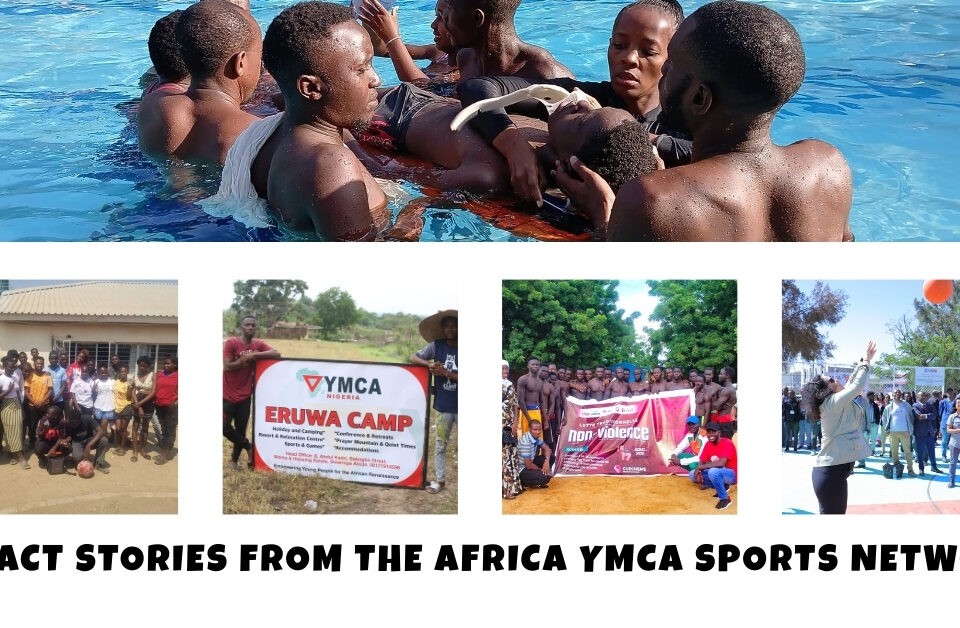International Day of Education

YMCA Africa Youth Month
15/12/2021
S2C, My Turning Point
16/02/2022There is no way to build back better without the right to education for all. Education is the best investment in our present and future. And the most rewarding one. It is our key to a sustainable future, for making the world a safer and healthier place for all.
The YMCA through its vocational centres aims to accommodate the large number of students from low income families who qualify for university education but cannot afford the high fees required by private universities.

Vocational education (education based on occupation or employment), also known as career and technical education (CTE) or technical and vocational education and training (TVET) is education that prepares people for specific trades, crafts and careers at various levels from a trade, a craft, technician, or a high professional practitioner position in engineering, accountancy, nursing, medicine, architecture, pharmacy, law etc. Craft vocations are usually based on manual or practical activities, traditionally non-academic, related to a specific trade, occupation, or vocation. It is sometimes referred to as technical education as the trainee directly develops expertise in a particular group of techniques. Vocational education spans craft, further and higher education.
YMCA vocational education and training Centres across the continent offer youth trades that are in demand in their societies, to provide them with the opportunity for both employment and entrepreneurship. While some students complete secondary schooling before enrolling at the training centre, many do not have basic education and are thus taught this alongside their trade. These vocational centres also target innovative students who have not attained requisite grades by taking them through bridging courses.
We continue to rest on the premise of preparing a generation of transformed leaders for the African Renaissance. Equipping them with relevant skills and understanding to turn Africa around and become more sustainable. We are premised on delivering African-based learning’s and a knowledge base in the continent that is African in context but global in understanding.
But we have to pose and ask ourselves, how can today's schools and universities education prepare students for a world that doesn't yet exist? How do we structure our Education systems to adapt to the Fourth Industrial Revolution?
MESSAGE FROM THE GENERAL SECRETARY
On this International Day of Education, many children and young people can no longer go to school for various reasons, including climate conditions and hunger. We must support each other to implement relevant reforms and not jeopardize their future. We can do this not only by running curricula and programs that are nearly to be obsolete, but above all to put in place an innovation that addresses the current context and anticipates the future. To do this, we must stop repeating and copying, we must above all offer them a new way of thinking, reflecting, and acting. Only in this way can they face this complex and unjust world and change it to be more viable and sustainable.





